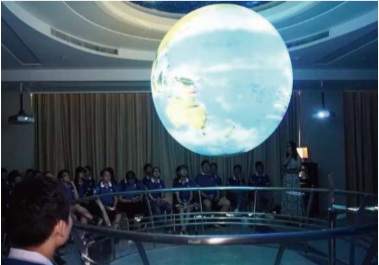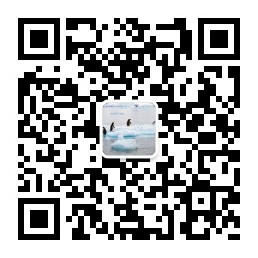

State Key Laboratory of Satellite Ocean Environment Dynamics (SOED) was approved by the Ministry of Science and Technology in July 2006, and was reviewed in December 2009. SOED was established on the existing Laboratory of Ocean Dynamic Processes and Satellite Oceanography (LOPSO), gathering talents of traditional disciplines of physical ocean, marine remote sensing and marine ecological environment at the Second Institute of Oceanography, State Oceanic Administration. The founding director of SOED was Dr. CHEN Dake, now an academician member of the Chinese Academy of Sciences (CAS). The current director is Professor CHAI Fei, and the current director of the Academic Committee is CAS Academician WU Guoxiong.
Motivated by vital national needs for protecting maritime rights and interests and for disaster prevention and mitigation, and with the goals of improving technology and theory used for establishing three-dimensional marine environmental monitoring and prediction systems, staff at SOED carries out research on satellite marine environment dynamics, with an emphasis on application. The lab creates unique marine science and technology platform with distinctive international influences. There are three main research themes at SOED: Technology and Application of Satellite Remote Sensing, Ocean Dynamic Processes and Ecosystems, Ocean Circulation and Climate Change. And there are four public platforms: Satellite Ground Station, Argo Data Center, Marine Instrument Sharing Platform, and Computer Center. These public platforms serve marine observation data not only to researchers but also to marine laboratories nationwide.
There are currently 99 members at SOED, including two academicians of CAS, one academician of Chinese Academy of Engineering (CAE), one member of “National Hundred, Thousand and Ten Thousand Talents Project,” two members of national “Ten Thousand Talents Plan,” one member of “National Funds for Distinguished Young Scholars,” one member of “Youth Science and Technology Innovation Leader,” 18 members of provincial and ministerial talents programs. There is a well-structured scientific team, with highly qualified senior staff as academic leaders and talented young scientists as the backbone.






